
Previous Editions
It takes commitment to innovate in a circular economy.
This is the work developed through all the editions of re_source, which began in 2021.
The Open Innovation program sought to address macro-issues such as digitalization, material sustainability, consumer behavior, and collection and recovery.
From 131 applications from 45 different countries, ten pilot partners and four supporting partners were chosen. Thirteen applicants were chosen for the bootcamp, and five pilots were launched, with SPV contributing up to 75% of the funding.
One of these pilots includes multiple partners from various points along the value chain. The pilots aim to increase material collection and recycling while also promoting sustainable production and consumption. The total amount invested in the pilots was approximately 299K€, with SPV support amounting to approximately 213K€.
The pilots are addressing challenges such as increasing the efficiency of the collection and sorting process, increasing the collection of aluminum, plastic, paper, and glass from HORECA channels via digitization and gamification, and testing alternative materials such as seaweed to replace single-use plastics.
Applications
Countries
Investment in Pilots
startups
FINALISTS


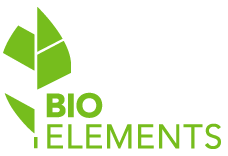


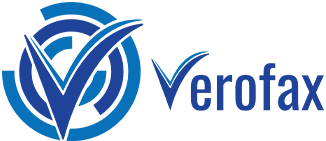

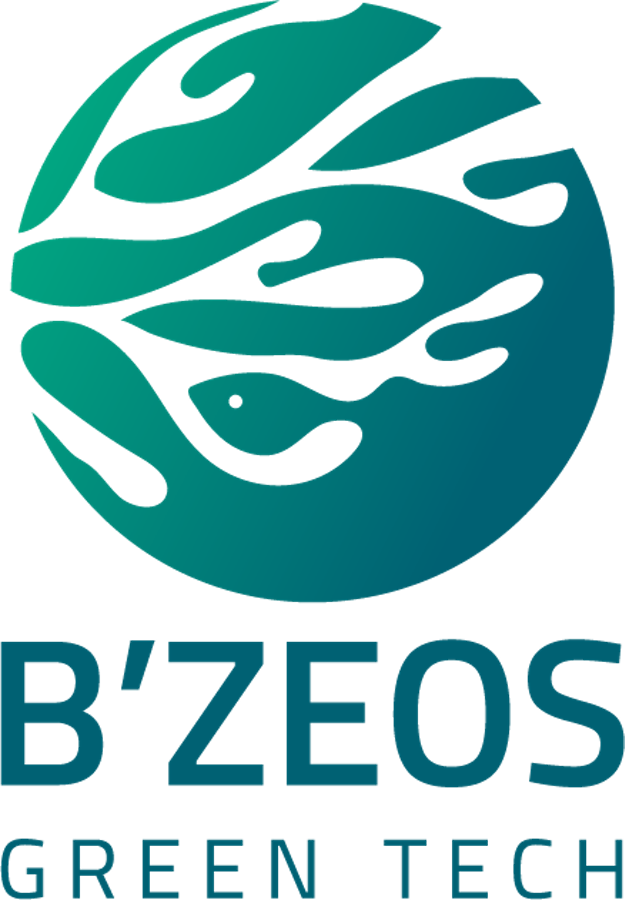
re_source 2022 – Wrap-up video
re_source
About the Program
The program was made possible by the collaboration of many different partners. Delta Cafés, Amarsul, Valorsul, Tetra Pak, Colep Packaging, Maiambiente, Musami, Águas e Resíduos da Madeira, Leroy Merlin, and Embal were among the program’s ten pilot partners, who contributed invaluable expertise and resources to the program’s successful launch and execution.
Four partnering organizations – APA, DGAE, Deco Proteste, and AIVE – also provided critical guidance and support throughout the program. The success of the Open Innovation Program and its pilots was ensured by this collaborative effort between pilot and supporting partners.
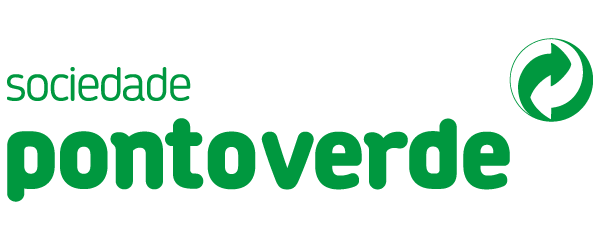
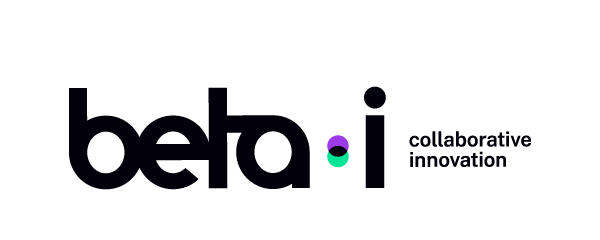
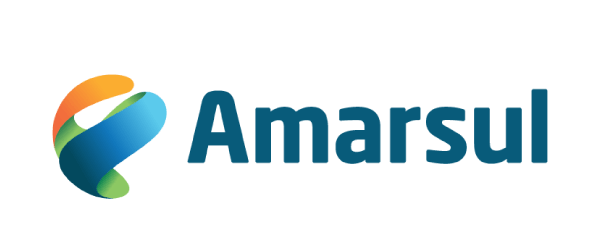
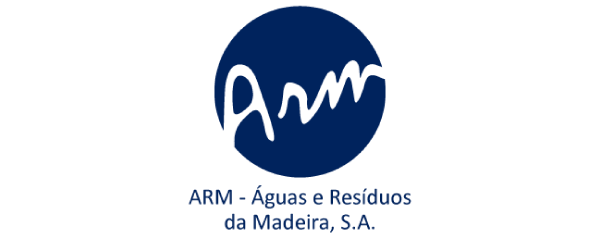
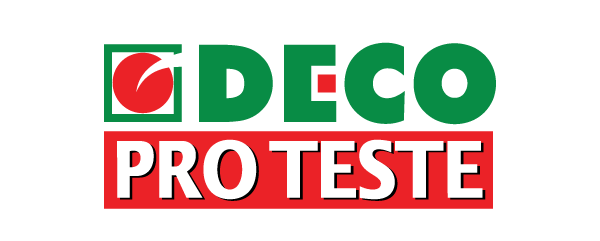
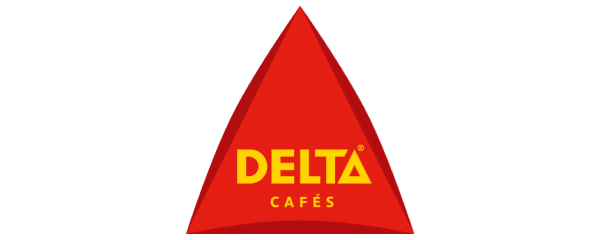
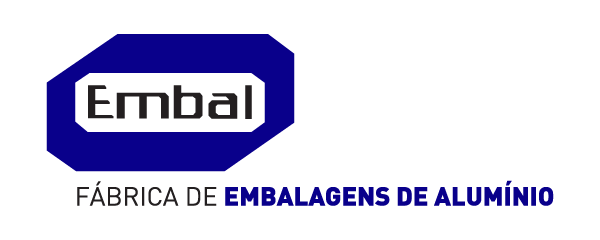
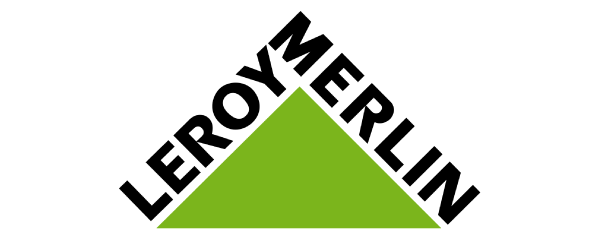
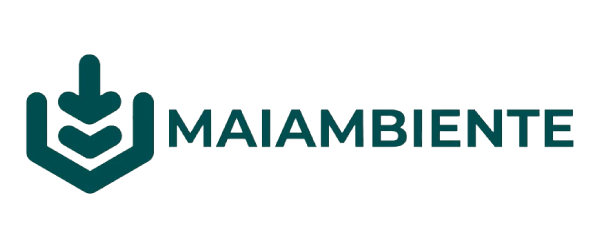
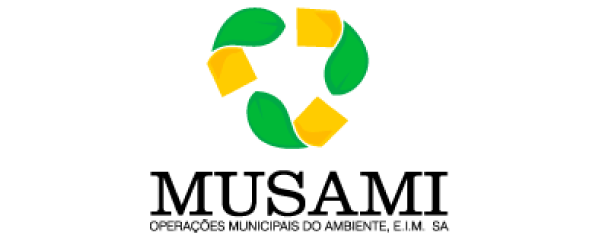
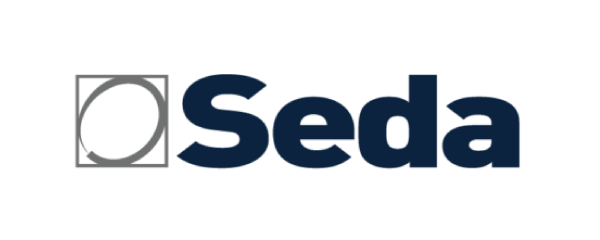
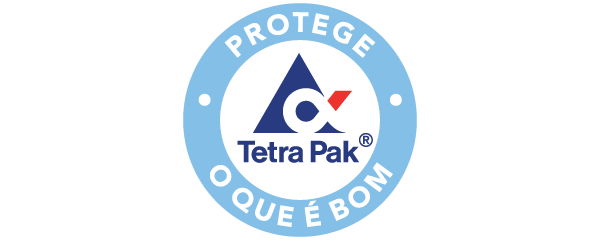
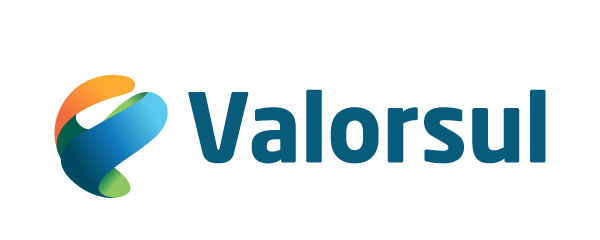
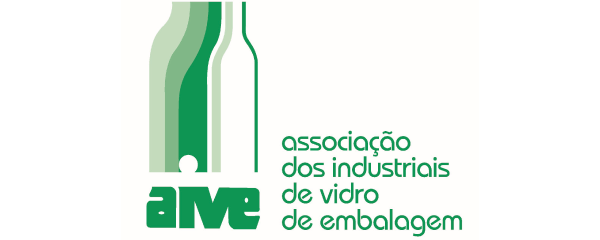
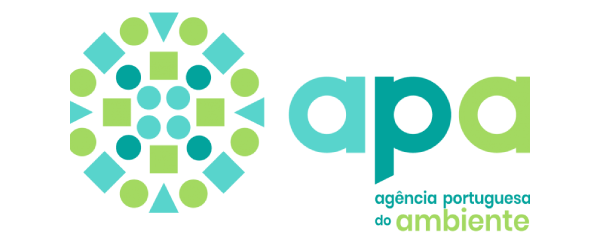
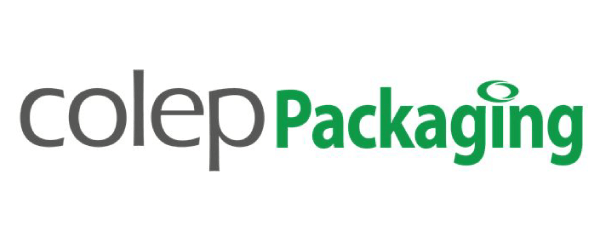
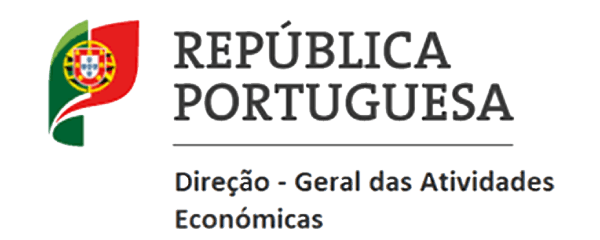
re_source 2022 – Pilots

Composition of Selective Flows – Circular Economy Technologies
Installation of a camera with integrated software to allow real-time characterization of the contents of the containers as they are emptied into the rear collection vehicle hopper for continuous material flow data monitoring. The information obtained allows for the optimization of selective material collection and processing flows, as well as the identification and tracking of contamination sources, as well as the direction of awareness actions toward the quantity and quality of material in each load that enters the sorting center.

Recycle APP
The adherence and ability to mobilize and train these establishments will be tested through a mobile application that will serve as the interface for communication and interaction and offer incentives between the collection service and the establishments. The pilot will consist of 200 HORECA establishments.

MUSAMI Valoriza +
This pilot project is expected to reduce waste and increase the effectiveness of a sorting line by optimizing, streamlining, and expanding the reach of various operations using an integrated visual recognition system powered by artificial intelligence (AI). It aims to increase the recycling potential of the Sorting Center by implementing the startup “Lixo” technological solution, as there will be more data to serve as the basis for decision-making and establishing measures in real-time, avoiding contamination by waste that may hinder or make the reuse of these materials unfeasible.

Unlocking the power of seaweed to replace single-use plastic
B’zeos material is being tested as an alternative to plastic in Colep Packaging products. The potential of the solution will be identified in the first phase, and all conditions will be gathered to make the testing as solid as possible. The solution will then be tested on an industrial scale to validate the material.

Robot to optimize the sorting of packaging at the Sorting Center
Installation of a robot on the packaging line of the Valorsul Sorting Center in Lisbon to optimize the capture of recyclable packaging material, bringing the line closer to a 100% capture rate with a special focus on ECAL.